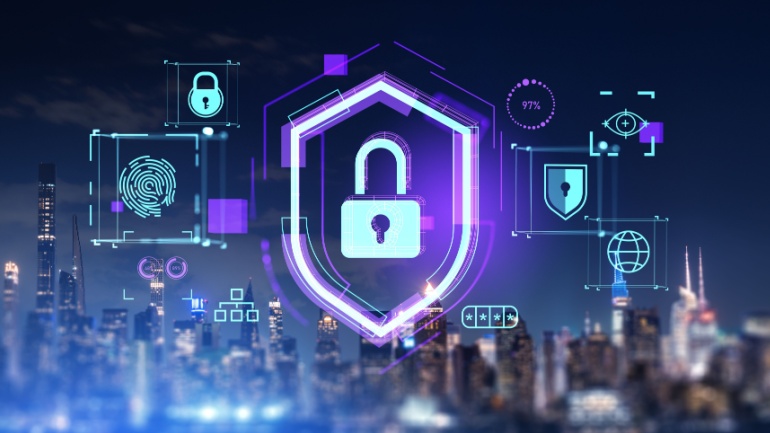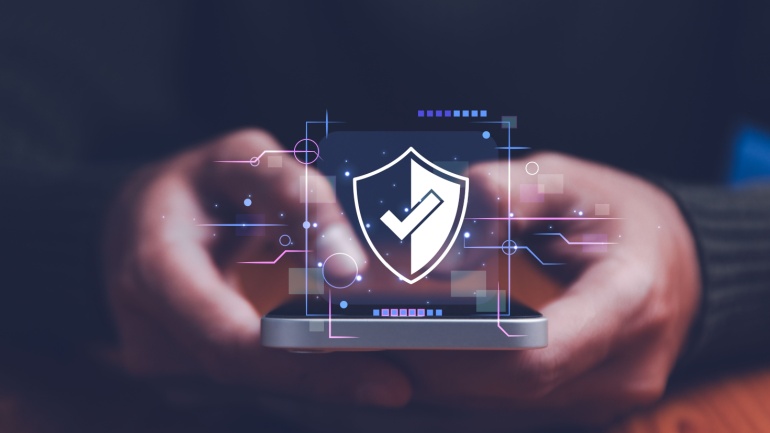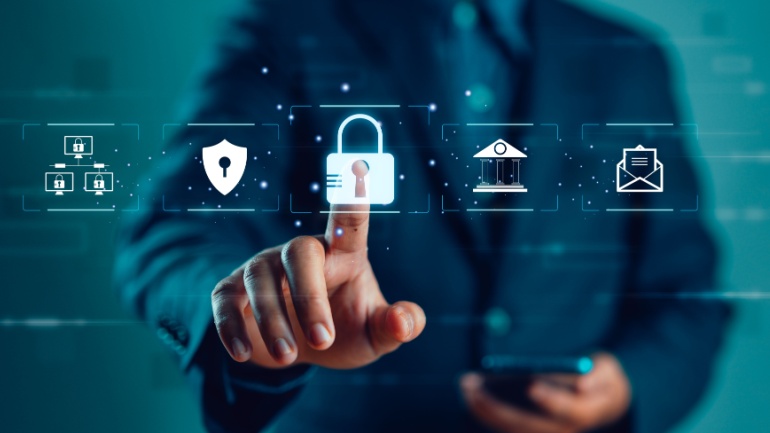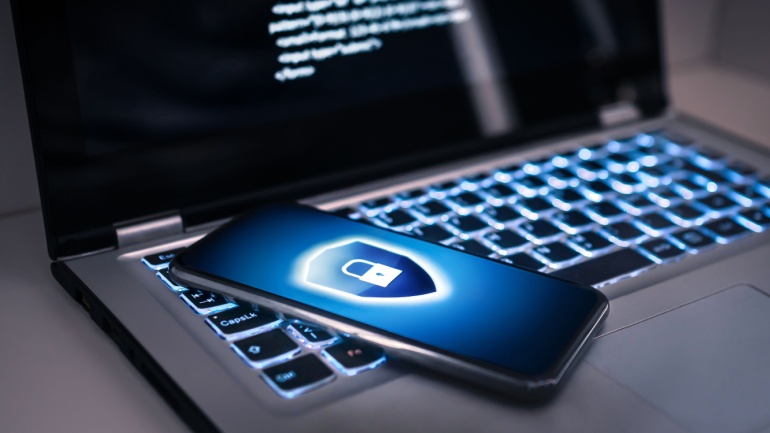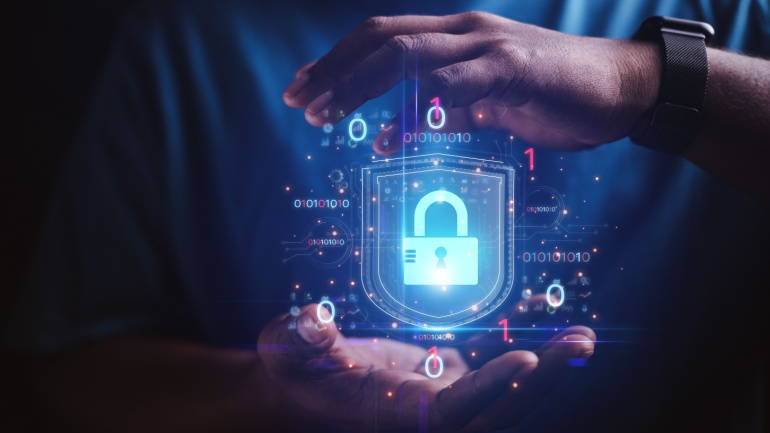Verizon Business 2024 Mobile Security Index unveils rising cybersecurity threats from mobile and IoT devices. With 95% of businesses actively using IoT, security concerns have intensified. The report emphasizes the need for enhanced mobile security, especially in critical sectors. Investing in advanced cybersecurity solutions is crucial as IoT becomes more integral to business operations.
Radware has launched EPIC-AI, an advanced AI-powered platform designed to revolutionize cybersecurity solutions. With state-of-the-art algorithms, EPIC-AI ensures precise, hands-free security for cloud, on-premises, and hybrid environments. This innovative technology enhances protection accuracy, expedites resolution times, and reduces costs, addressing the increasing risk levels from automated cyber-attacks and regulatory complexities.
This week, the UK-India Technology Security Initiative was announced, marking a pivotal moment for both nations. This collaboration aims to strengthen security in telecoms, AI, quantum computing, and biotechnology. Promising mutual growth, innovation, and job creation, this initiative underscores the evolving technological partnership.
Nozomi Networks has unveiled the industry’s first OT and IoT security sensor, Arc Embedded, within Mitsubishi Electric programmable logic controllers (PLCs). This innovative solution provides real-time visibility and advanced threat detection, enhancing operational resilience. By directly integrating into industrial automation equipment, Arc Embedded accelerates threat response, ensuring robust industrial security.
BBVA has partnered with Telefónica to enhance its global cybersecurity operations through AI and process automation. This strategic move leverages Telefónica Tech’s advanced digital services to strengthen BBVA’s cybersecurity capabilities. With new facilities in Mexico replicating those in Spain, this collaboration aims to detect threats and protect data processing centers globally.
FireTail, a key player in API security, has launched a free version of its enterprise-level tools, aiming to democratize advanced API protection. APIs drive over 80% of internet traffic, increasing cyber attack risks. FireTail’s hybrid approach offers open-source code libraries, cloud features, and real-time protection, ensuring robust API security for all.
The Australian Government’s strategic partnership with Amazon Web Services (AWS) aims to enhance the nation’s cybersecurity with a $2 billion investment. This move involves creating a Top Secret AWS cloud infrastructure to secure intelligence data.
Australian telecommunications company Optus has partnered with Cisco to enhance network security for its business customers. As remote work and reliance on VoIP and Software-as-a-Service increase, this collaboration aims to address complex cyber threats.
The United States government has launched an investigation into Chinese telecommunications companies China Mobile, China Telecom, and China Unicom amid fears that these firms might transfer US data to the Chinese government through their US cloud and wholesale routing services. According to Reuters, which cited three anonymous sources, the US Commerce Department has issued subpoenas to the three companies.
TPx, a prominent managed services provider in the United States, has unveiled a new Dark Web Monitoring service, powered by Breach Secure Now, aimed at strengthening businesses’ cybersecurity defenses and enabling swift responses to potential threats.




